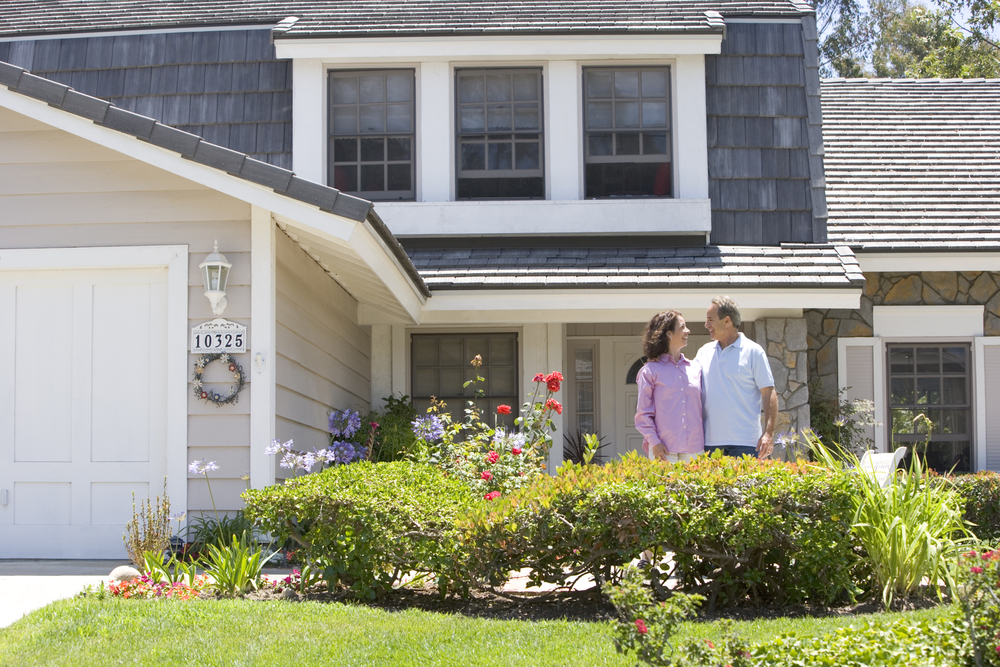9 Factors That Could Affect Your Homeowner's Insurance Premium
Many factors could positively or negatively influence your homeowner’s insurance premium. Some of them are not nearly as obvious as others. To get you on the right track towards saving money on either an existing policy or figuring out ways to decrease your risk before having the numbers run, consider these nine factors that could affect your homeowner’s insurance premium:
1. Credit History
Like lenders, many insurance companies will also look at your credit history when determining how big of a risk you are. In other words, they will look at you as a better potential client if you have a good credit history and payment history than if you have a lackluster one.
2. Location
Where your home is located could alter its cost to insure. For example, if you live in an area that is known to be high-crime or have frequent weather-related events, then you could pay more for insurance coverage as you are considered a higher risk.
3. Marital Status
Did you know that being married can actually lower your insurance premiums? It’s true! Most insurers will charge lower rates to married couples as they are seen as a lower overall risk.
4. Your Home’s Condition and Age
Your home’s age and current condition will be taken into consideration when setting your homeowner’s insurance premium. In most cases, older homes will need more improvements and are more likely to result in a claim than newer ones. Upgrading your older home can offset this risk factor, though in many cases.
5. Replacement Costs
How much it would cost to replace your home how it stands today is another factor that will alter your homeowner’s insurance premium. As you might imagine, the more your home will cost to replace, the more you will have to pay in insurance coverage costs.
6. Claims History
Insurers will often look at your pattern of behavior when it comes to setting your premiums. Therefore, if you have a history of several claims, you can be seen as a greater risk than another client who might not have as many claims on their record. It’s worth noting that your claims history does not stay with a previous home, but will follow along with you to the next one.
7. Amount of Attractive Nuisances
Although they are admittedly lots of fun, having attractive nuisances like trampolines, wells, swimming pools, swing sets and fountains on your property can increase the cost of your premium. It is because these features are more apt to attract a trespasser or to result in a claim on your property.
8. Proximity to Water
As you likely assume, the closer your home is to water, the greater risk of flooding you will have. Therefore, if your home is located in or near a flood zone, you are likely going to pay more for protection in the form of a homeowner’s insurance policy.
9. Bundling Insurance Policies
In most cases, you will save money on your premium costs if you bundle several policies together with one company. Therefore, one way to easily see these savings is to combine auto policies with homeowners.
Bottom Line: Control What You Can
As you likely gathered from this list of nine factors that could affect your homeowner’s insurance premium, some of them are within and some of them are outside your control. Be sure to take the time to analyze each one and to improve what you can alter in order to reduce your cost. It’s also a good idea to reach out to your insurance agent to discuss the changes you could make to alter your current premium. Keep in mind that your premium price is based mostly on how much of a risk you are considered by the insurance company. Anything you can do to make your home more insurable and less risky can help reduce your overall costs. Reach out to our team today to learn more!



